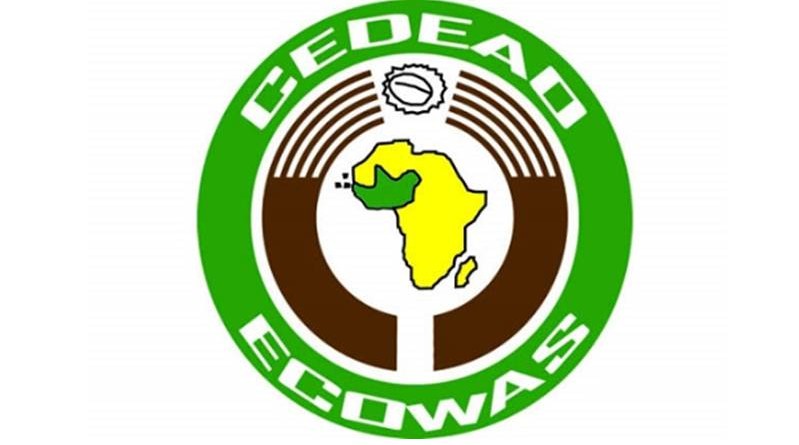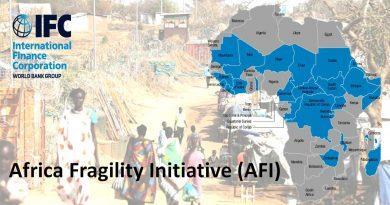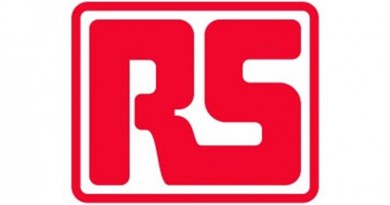Hunger in Nigeria: ECOWAS Regional Food Security Reserve sends 7,000 MT of Grains
The food and nutrition situation analysis for March 2024 reveals that nearly 50 million individuals in the region, including 31.7 million going through Hunger in Nigeria, are experiencing food insecurity, which accounts for 16% of the total population. These individuals require assistance to meet their essential food needs during the ongoing lean season. In response, the decision-making body of the ECOWAS Regional Food Security Reserve has mobilized resources, providing 4,976.75 metric tons of cereals through technical rotation and an additional 2,000 metric tons under the regional solidarity framework to aid Nigeria in addressing this pressing issue.
On July 27th, the Economic Community of West African States (ECOWAS) delivered over 2,000 metric tons of cereals, including millet, sorghum, and white maize, to the Government of Nigeria in Kano.
Additionally, ECOWAS transferred 4,976.75 metric tons of cereals to Nigeria as part of a technical stock rotation from the Regional Food Security Reserve. This stock rotation is a standard management practice that enables ECOWAS to replace older stocks, those exceeding two years in storage, with fresher supplies to ensure quality and safety for consumption.
Handover of the 7,000 metric tons of grains by the ECOWAS Regional Food Security Reserve
During the handover of approximately 7,000 metric tons to Dr. S.A. Haruna, the Director of the Food and Strategic Reserve Department of Nigeria, the ECOWAS Commissioner for Human Development and Social Affairs, Prof. Fatou Sow Sarr, conveyed the President of the ECOWAS Commission’s commendations to the Nigerian government for its initiatives aimed at alleviating the current food crisis affecting vulnerable populations. She stated, “This demonstration of regional solidarity represents ECOWAS‘s commitment to supporting the Federal Government of Nigeria’s various efforts. This intervention is vital in enhancing the resilience of those impacted by the ongoing food and nutrition crisis.”
Upon receiving the stocks designated for both technical rotation and voluntary donation from ECOWAS Regional Food Security Reserve, Dr. Haruna expressed gratitude towards ECOWAS for this generous gesture towards the people of Nigeria, particularly highlighting the recent contribution of 2,000 metric tons of cereals under the framework of regional solidarity. He stated, “Recognizing the significance and accomplishments of the Regional Food Security Reserve, the Federal Government of Nigeria is dedicated to actively participating in the maintenance and expansion of the Regional Reserve and is committed to replenishing the 4,976.75 metric tons of mobilized stock on a grain-for-grain basis during the upcoming harvest season.”
This intervention is timely, responding to the urgent call from the April 2024 RPCA meeting for immediate action to assist Member States in providing for over 50 million individuals in West Africa who are facing basic food shortages during this challenging period, with a significant portion residing in Nigeria. The ECOWAS Regional Food Security Reserve also intends to extend support to five additional countries (Burkina Faso, Ghana, Mali, Niger, and Sierra Leone) that are experiencing severe food and nutrition challenges during this timeframe.
It is noteworthy that Nigeria has previously benefited from the ECOWAS Regional Food Security Reserve, receiving a total of 10,129 metric tons of food grains, which includes 3,999 metric tons in 2020, 5,000 metric tons in 2019, and 1,130 metric tons in 2017.
Between 2017 and 2024, the ECOWAS Regional Food Security Reserve has intervened 19 times to assist six countries in the region (Burkina Faso, Cabo Verde, Ghana, Mali, Niger, and Nigeria), providing over 55,000 tons of cereals in total. Additionally, the Regional Food Reserve supplied Niger with 205 tons of fortified flour in 2021 and is currently arranging for 230 tons to be delivered to Nigeria to provide nutritional supplements for pregnant and breastfeeding women, as well as children under 59 months of age.
ECOWAS expresses its gratitude to the different technical and financial collaborators who have been aiding in the establishment of the ECOWAS Regional Food Security Reserve since 2016. These collaborators primarily include the European Union, the French Development Agency (AFD), the Spanish Cooperation (AECID), and the World Bank.



